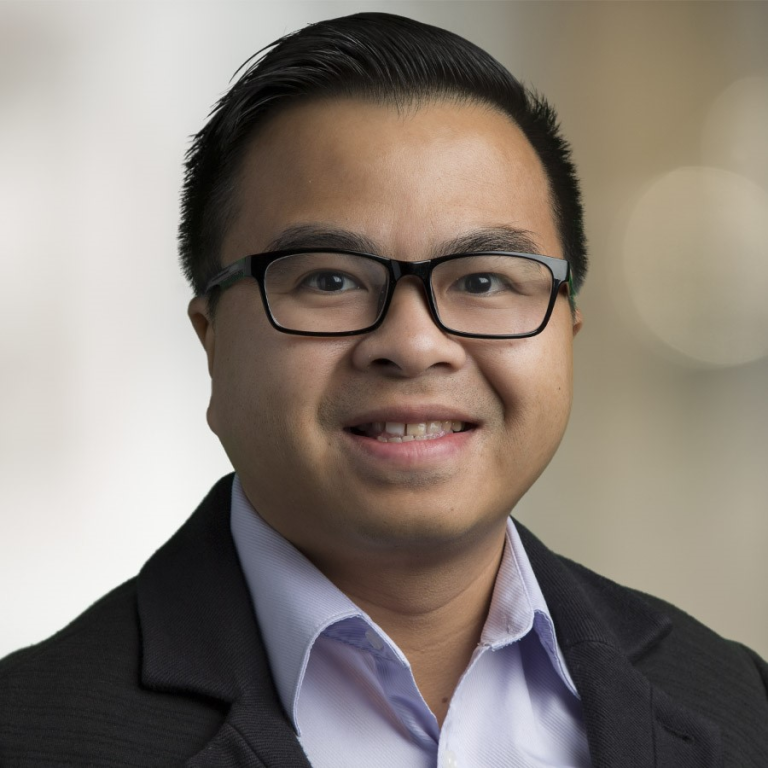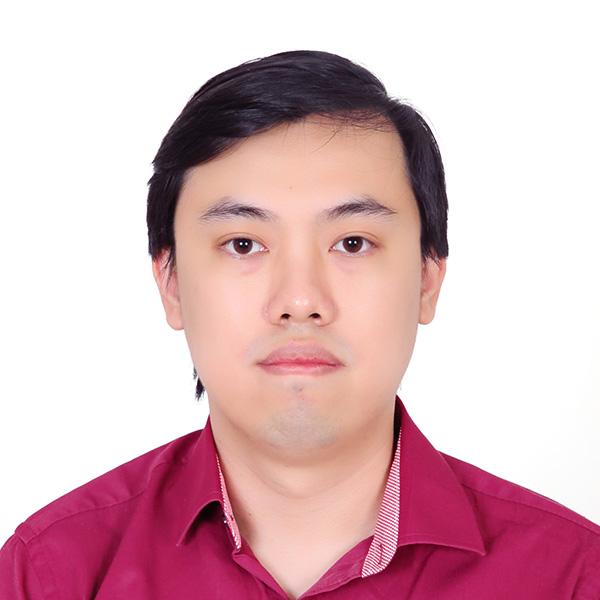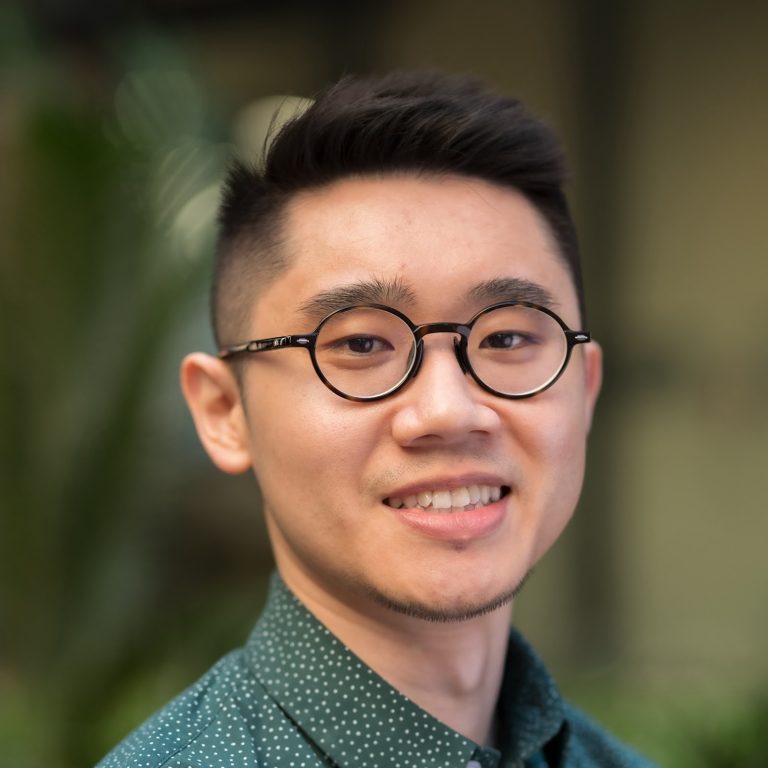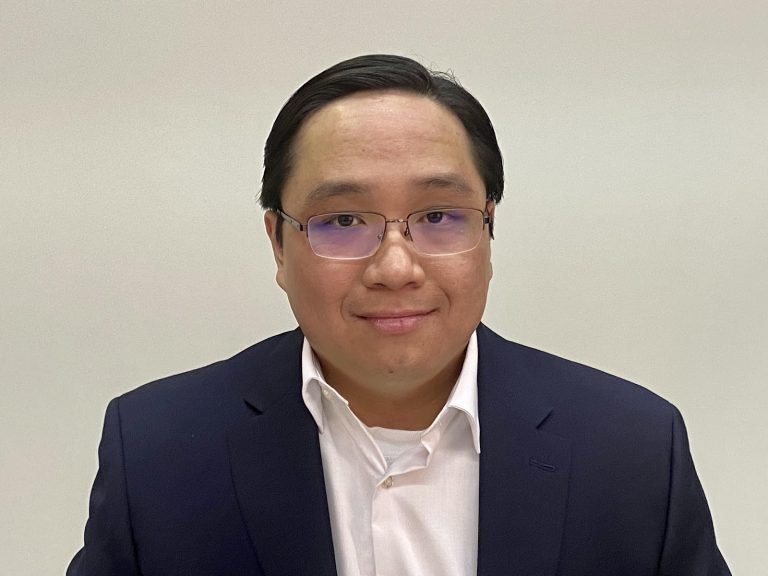Invention: Opportunities & Challenges

Cong got his PhD in Chemistry and Materials Science from the University of Southern California (USC). His research at USC focused on Organic Electronics (Electronic devices made from Organic Semiconductors, such as Organic Solar Cells and Organic LED). Organic Electronics are very promising for future flexible devices. He holds 4 patents in this area. He is currently a manager of a product development group at Applied Materials Inc (AMAT). AMAT is one of the world-leading companies making manufacturing equipment for semiconductor devices and displays. His group is developing state-of-the-art tool for Atomic Layer Deposition (ALD). As the technology node scales down to 5nm and beyond, ALD is one of the key innovative technologies needed for semiconductor manufacturing. Cong holds 3 patents in ALD technologies.
The 21st century has been witnessing the fastest ever changes in technology. Everyone is talking about Industry 4.0, where automation and Artificial Intelligence (AI) will rule the world filled with connected devices (IoT devices). Inventions play a vital role in each industrial revolution. Inventions are protected from being copied in form of patents. Trademarks, trade secrets and patents are Intellectual Properties (IP), which are very important for companies, particularly technology companies.
The talk will address the following questions: What are patents and IP? Why are they important? How can we bring innovative culture to universities – research institutions and companies? What are the viable models, in which companies can collaborate with universities to bring innovative solutions to the market?
Dr. Cong Trinh will elaborate on the process of inventing new technologies via his own experience at university and current company. He will briefly introduce the audience to Organic Electronics and chip manufacturing.




